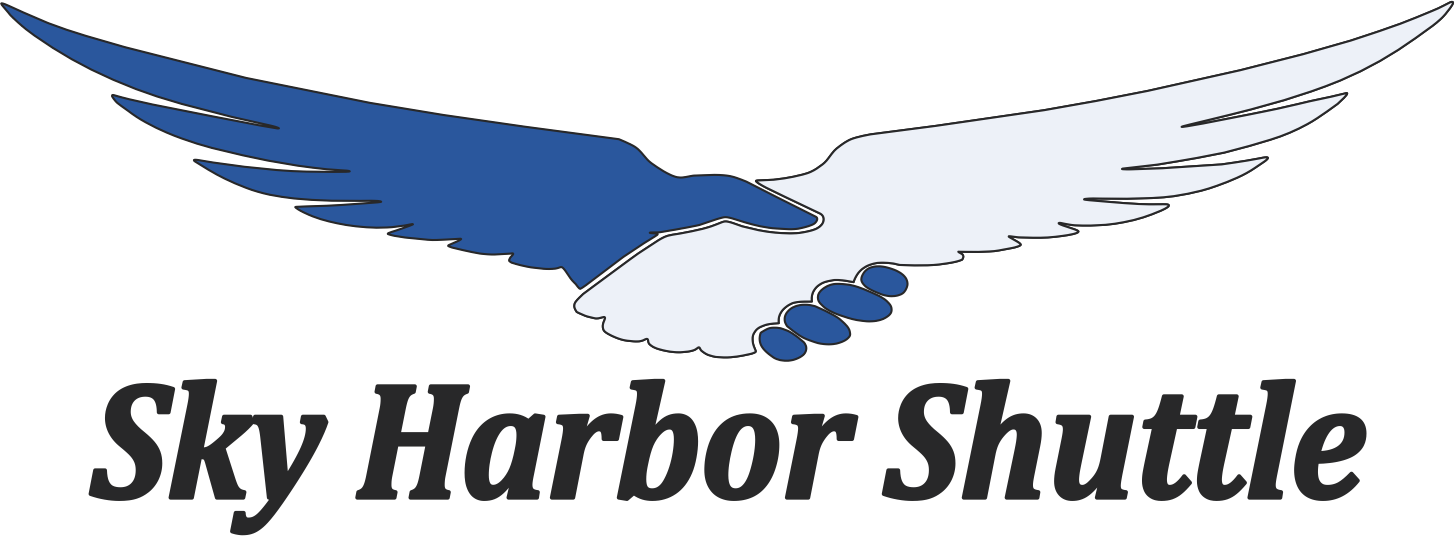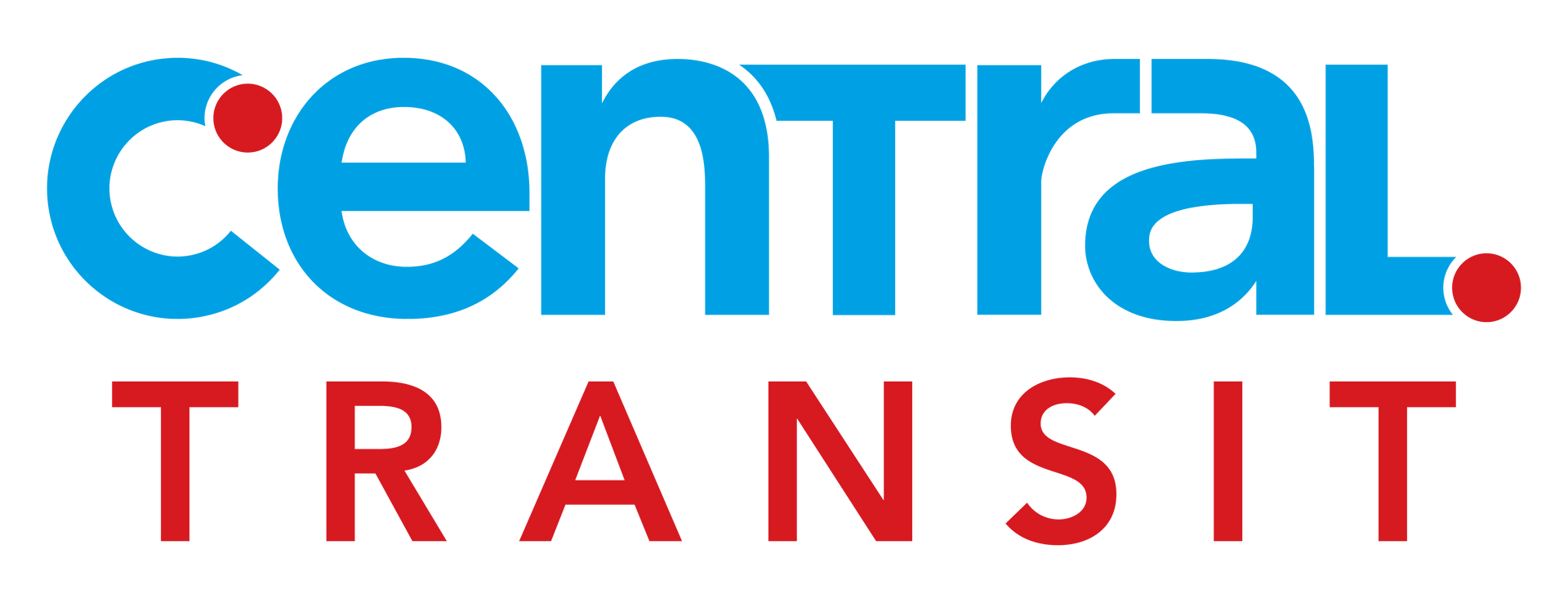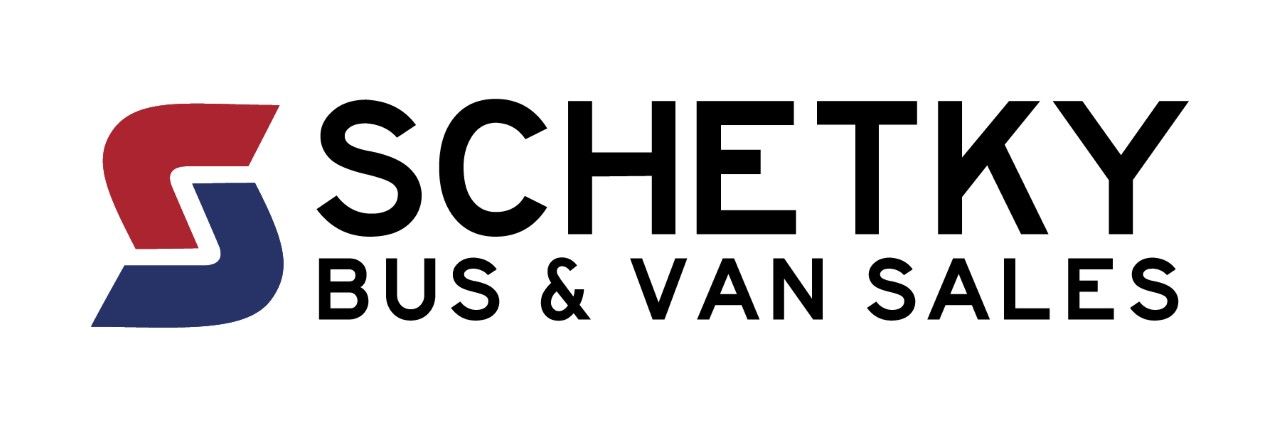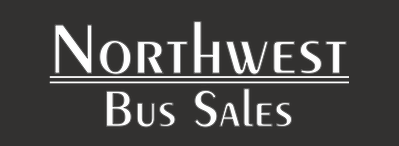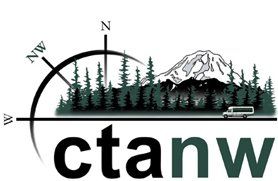
PLEASE BE PATIENT!!!! OUR WEBSITE IS UNDER CONSTRUCTION! CONTACT ANGIE COULTER at 360-580-9694 WITH QUESTIONS!
Our Issues
CTANW Platform
Infrastructure Accessibility
CTANW strives to monitor and support funding, resources and regulations promoting accessibility in infrastructure components, such as buildings, sidewalks, bus stops, signals and more.
Accessible/Specialized Transportation Industry
CTANW strives to monitor rules, regulations, funding and resources that impact the many facets of the Accessible/Specialized Transportation Industry, including:
- Nonprofit, for-proft, government and public transportation agencies
- Rural, small and tribal public transportation agencies
- Mobility Management & Travel Training services
- Planning agencies;
- State Medicaid brokerage systems;
- And more.
System Funding
CTANW strives to monitor statewide legislation and policies that impact how the accessible/specialized transportation system is funded, including taxes, tolling and other revenue streams. CTANW supports funding, regulations and policies that work to: enhance public and community-based transportation options; promote accessibility and efficiency in the system while reducing costs to providers, passengers and state agencies; and improve coordination among agencies.
Multi-Modal Transportation Options
CTANW strives to monitor statewide issues, policies and legislation impacting multi-modal transportation options. CTANW supports a fully-inclusive multi-modal transportation system that includes privately-owned vehicles, public transit agencies, nonprofit agencies, for-profit providers, bicycles, and the wide array of accessible/specialized transportation options.
On-Going Support
A Clean & Healthy Environment
CTANW supports a clean and healthy environement for all people.
Employment & Job Opportunities
CTANW supports living wages and workplace safety standards. CTANW also supports eliminating transportation as a barrier to employment, particularly for people with accessible/specialized transportation needs.
Health & Well-Being
CTANW supports eliminating transportation as a barrier to basic needs, including medical care, mental health care, employment, accessing government, education, community participation and social services. CTANW supports efforts to improve access to medical care, mental health care and substance use treatment, while promoting transportation as a critical component of those services.
Infrastructure & Public Services
CTANW supports a "mobility-first" model that ensures all mobility capacities are taken into account in the development of accessible infrastructure, facilities, public programs, technologies, vehicles, communications, emergency planning and regulatory policies.
Thriving Economies
CTANW supports efforts that promote transportation as a core component of economic development.
Transportation Collaborations
CTANW supports efforts that promote collaboration and coordination among regional multi-modal transportation providers and advocates, including: for-profit providers, nonprofit providers, public transit agencies, school buses, emergency medical responders, planning agencies, funding agencies, and other stakeholders. CTANW particularly supports collaborative efforts pertaining to emergency preparedness, transportation planning, mobility management and travel training, and service coordination for people with accessible/specialized transportation needs.
CTANW Advocacy & Legislative Agenda for Washington State
CTANW's membership adopts an Advocacy & Legislative Agenda in line with CTANW's mission, vision, values and Advocacy/Legislative Platform each year at the CTANW Annual Meeting.
CTANW 2021 Advocacy & Legislative Agenda:
Decrease vehicle size minimum for HOV lanes
When people are facing chronic conditions, they need to get to their appointments on time. We propose a system that allows vehicles that are transporting people to life saving medical appointments (dialysis, chemotherapy, etc.) and are in transport to pick up the patient, to utilize the HOV lanes. This would apply to vehicles of any size and would include professional and personal vehicles. If a vehicle is stuck in traffic on the way to pick up someone for dialysis treatment, that could result in that person being late for their appointment, therefore missing life sustaining care. We would like to explore a method for identifying these vehicles, possibly similar to the disability parking placards.
Increase funding for Non-Emergency Medical Transportation (NEMT) Brokers
NEMT is essential for patients to access healthcare. The rate to cover NEMT program operations has not increased since 2015. During that time, expenses have increased significantly. Minimum wage requirements have increased by 27% as well as additional employee benefits. The current funding is insufficient to keep up with patient demand. The result is longer wait times for individuals to schedule transportation, higher rates of abandoned calls, and the inability to upgrade technology to operate more efficiently. An increased pay rate was approved by the House and the Senate during the 2019-2020 legislative session, but it was vetoed by the Governor due to COVID-19.
Stretcher/Cot Transportation
Increase the number of certified transportation providers who are approved for using gurneys or stretchers. Currently, there are 2 registered Gurney
providers in
the state. Providing safe transportation to those stable patients needing to remain in a supine position.
RCW 18.73.180 requires that an ambulance transport patients on a stretcher. The exception to this requirement is when a person with disabilities does not need medical care or monitoring. He or she must also own or lease a personal mobility device. That allows an individual with disabilities to carry out activities of daily living such as shopping and/or attending social functions. However, the requirement to own or lease the device creates problems for mobility. If the device cannot be safely secured in a vehicle, the person cannot be transported in that vehicle.
Regulation for Previously Non-Regulated Transportation
We propose all providers of wheelchair transportation be regulated to meet certain minimum standards to provide safe transportation that meets the best practices of the industry as defined by CTANW. Many providers are currently
operating with little to no regulation, and we propose to institute new standards. These standards would include training, background checks, drug and alcohol screening, and vehicle inspections. CTANW proposes that providers be licensed for a fee and that a portion of those fees cover the cost of training volunteers. The focus will be around long-term care facilities that may not have personnel overseeing the transportation of individuals in wheelchairs.
The intent is that any company offering transportation for reimbursement to those in wheelchairs is regulated by the same rules as non-profit providers. Those subject to regulation will include but not be limited to, for-profit providers, adult day health facilities, long term care facilities, and adult day homes, and rehabilitation centers.
If you have issues or concerns that could be addressed through CTANW advocacy work, please
contact us!
BILL HIGHLIGHT:
2021 session begins January, 2021
CTANW Past Agenda & Progress Reports
- 2018 Session Wrap-Up
- Issue/Bill Tracker Report
- Employment laws that may impact providers
- Additional bills passed this session of interest to CTANW
- CTANW 2017-2018 Advocacy & Legislative Agenda w/Scorecard
- CTANW Adopts Comprehensive 2017 Advocacy & Legislative Priorities
- CTANW Adopts 2015-2016 Advocacy Priorities
- CTANW Adopts Advocacy Platform




